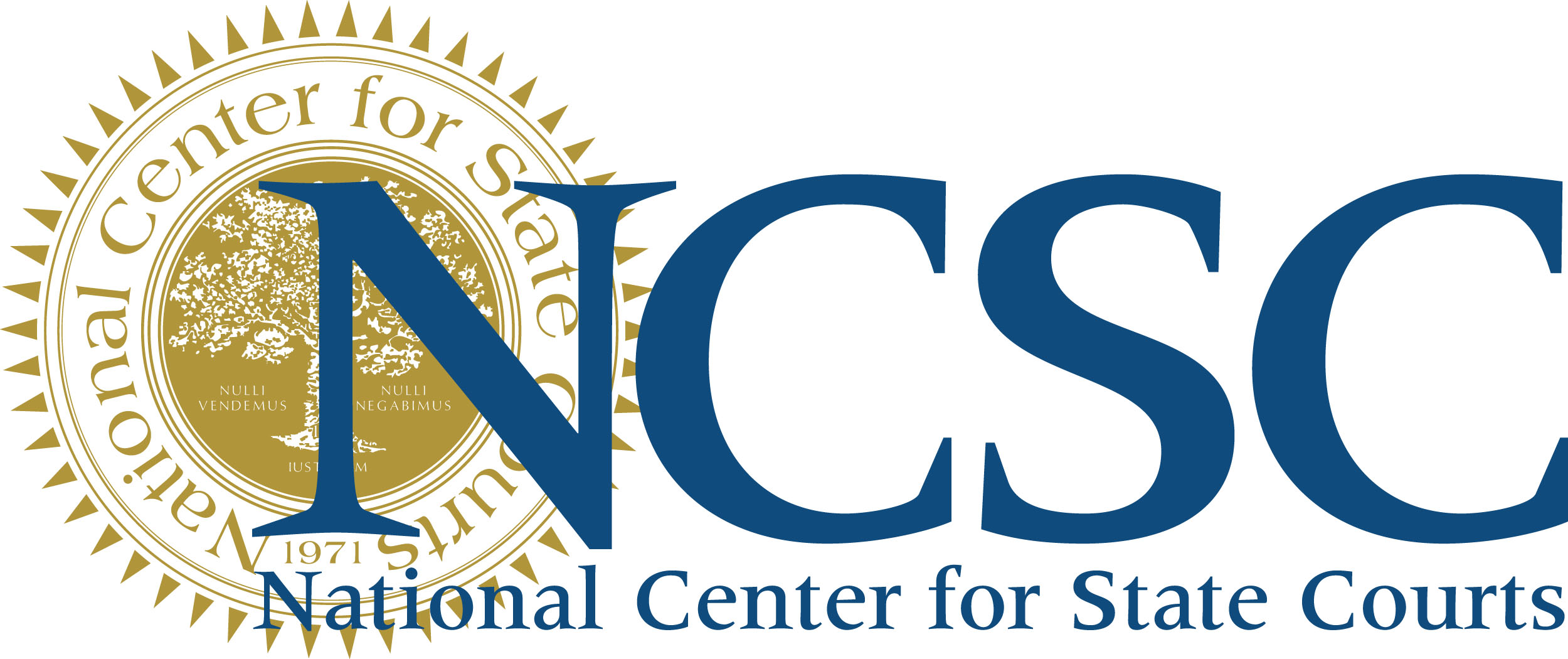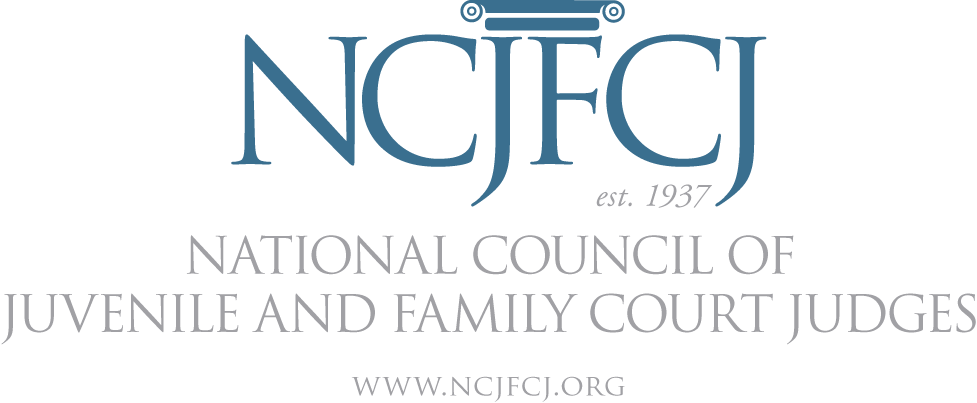The curriculum helps courts assess their adherence to principles of case management and scheduling and investigate research-supported strategies for increasing effective case management in dependency cases.
NCSC, in partnership with the National Council of Juvenile and Family Court Judges (NCJFCJ), synthesized best practices in juvenile and family court and case management principles to develop an adaptable and responsive online training curriculum.
There are two different ways to use these modules.
- If you are primarily interested in increasing knowledge about best practices, we encourage you to complete modules 1, 2 and 3.
- If you are in a position to improve policies and practices in your court, in addition to learning the information in modules 1, 2 and 3, we encourage you to complete the self-assessment and modules 4 and 5. These will put you on a path to identifying opportunities for improvement in your current processes and working with a team to implement change.
Download this workbook and follow along as you watch the modules >>
Module 1: The 'why'
Learning objectives:
- Explain how case management and scheduling are linked and can improve the court's ability to be trauma-informed
- Name best practices in case management and scheduling for dependency and related cases
- Identify how jurisdiction-specific policies and practice interface with best practices in case management and scheduling
Module 2: Court case management
Learning objectives:
- Describe three ways that timely orders and settlement conferences support trauma-informed and efficient court processes
- List acceptable reasons for continuances in dependency court
- As a group, identify characteristics of complex dependency cases
- Identify barriers to early appointment of counsel and attorney continuity in dependency cases
Module 3: Case scheduling
Learning objectives:
- Describe three best practices in case scheduling and how each can improve time to permanency, be supportive of children and families, and conserve court resources
- Compare and contrast your current calendaring process to time certain calendaring
- Examine how much time is necessary for thorough and substantive hearings compare to your team members' thoughts
- Identify the potential consequences of multiple judges hearing one case
Module 4: Using data to learn about your court's current case processing
Learning objectives:
- Explain the difference between using data at a point in time, for specific case, and in the aggregate
- Establish case processing expectations with time benchmarks
Module 5: Enhancement planning
Learning objectives:
- Describe four dimensions of change management style in court culture
- Describe three drivers of implementation
- Apply lessons to make an improvement plan for your jurisdiction
- Assess how current practices align with best practices by using the self-assessment
The development of this curriculum was a collaboration between the National Center for State Courts (NCSC) and the National Council of Juvenile and Family Court Judges (NCJFCJ). The project was led by Teri Deal, NCSC Principal Court Management Consultant, and Andrew Wachter, NCJFCJ Site Manager. The final project could not have been completed without the support of Heather Hull (NCJFCJ), Dexter Johnson (NCSC), Wendy Schiller (NCJFCJ), and Miguel Trujillo (NCSC). Special thanks to the following court professionals at the Allegheny County Juvenile Court who were invaluable contributors to the curriculum: Judge Dwayne Woodruff, Court Administrator Cindy Stoltz, Kelly Goodrich, Marsha Landers, Traci Gerlach, and John Matyasovsky. This curriculum was developed under grant number SJI-20-E-044 and SJI-20-E-055 from the State Justice Institute. The points of view expressed are those of the authors and do not necessarily represent the official position of policies of the State Justice Institute.



